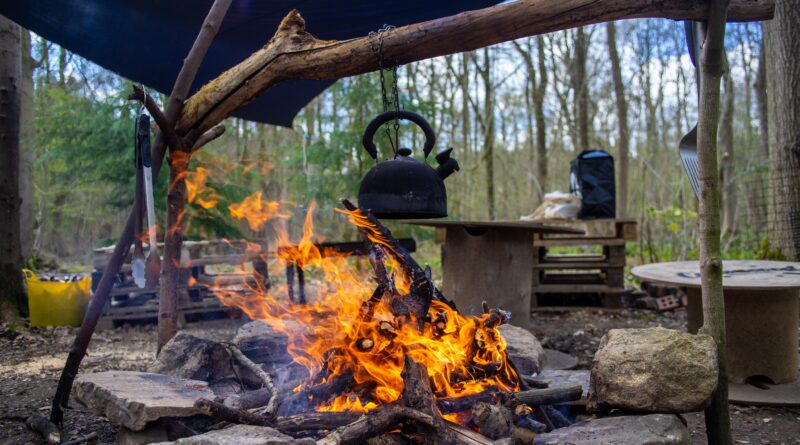Tsukiyo ni Chōchin Natsu Hibachi (月夜に提灯夏火鉢 – Unnecessary)
Tsukiyo ni Chōchin Natsu Hibachi
月夜に提灯夏火鉢
In yesterday’s post, I introduced the idiom tsukiyo ni chōchin (月夜に提灯), which means something unnecessary or useless.
昨日は「不必要なもの」「役に立たないもの」を意味する「月夜に提灯」という表現を紹介しました。
You can also add natsu hibashi (夏火鉢) to this and say tsukiyo ni chōchin natsu hibachi (月夜に提灯夏火鉢).
この表現は、後ろに「夏火鉢」をつけて、「月夜に提灯夏火鉢」と言うこともあります。
Since natsu (夏) means “summer” and hibachi (火鉢) means “(traditional Japanese) brazier,” the literal meaning of natsu hibachi is “a brazier in summer.”
「夏」は “summer”、「火鉢」は “(traditional Japanese) brazier” を意味するので、「夏火鉢」の文字どおりの意味は “a brazier in summer” となります。
A brazier in summer is unnecessary and useless, just as tsukiyo ni chōchin.
夏に火鉢は不必要で、役に立ちませんよね。
Actually, both tsukiyo ni chōchin and natsu hibachi have the same meaning, and saying them together doesn’t change the meaning.
「月夜に提灯」と「夏火鉢」は、どちらも同じ意味を持ち、繋げて言っても意味は変わりません。
In other words, the term natsu hibachi itself may be unnecessary and useless.
すなわち、「夏火鉢」をつけること自体が、不必要なことなのかもしれません。




